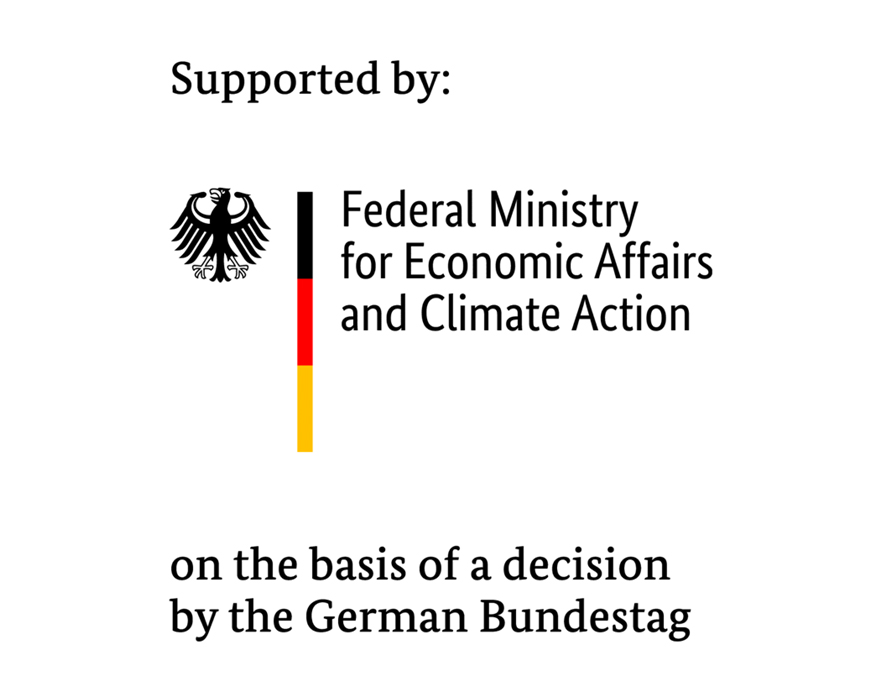The Challenge
Within this project, innovative materials for wind turbine rotor blades will be developed and tested. Conventional materials made from glass fiber-reinforced plastics are reaching their performance limits in terms of longer lifespans and improvements to lightweight construction properties. In particular, the lifespan and fatigue resistance of these material systems are superior to the currently established materials.
The solution
The affiliated partners hope to set the course for the specific medium-term applicability of the material systems in industrial rotor blade construction.
The focus is on hybrid materials on the one hand and on nano-modified material systems on the other. In particular, the HANNAH project is looking at the challenges associated with the processing of these new materials on an industrial scale. The computer-assisted modeling is done, amongst other things, with material and damage models developed specifically for the nano-modified and hybrid material systems. These methods should help to achieve greater insights into the effect and damage mechanisms of the material systems under consideration.
The added value
Furthermore, the influence of industrial production conditions and realistic environmental influences on structure components is being addressed in order to enable efficient rotor blade lightweight construction with these materials in future. Comprehensive experimental tests will contribute to the development and validation of simulation models. A cost/benefit analysis will put cost effectiveness under the microscope.
